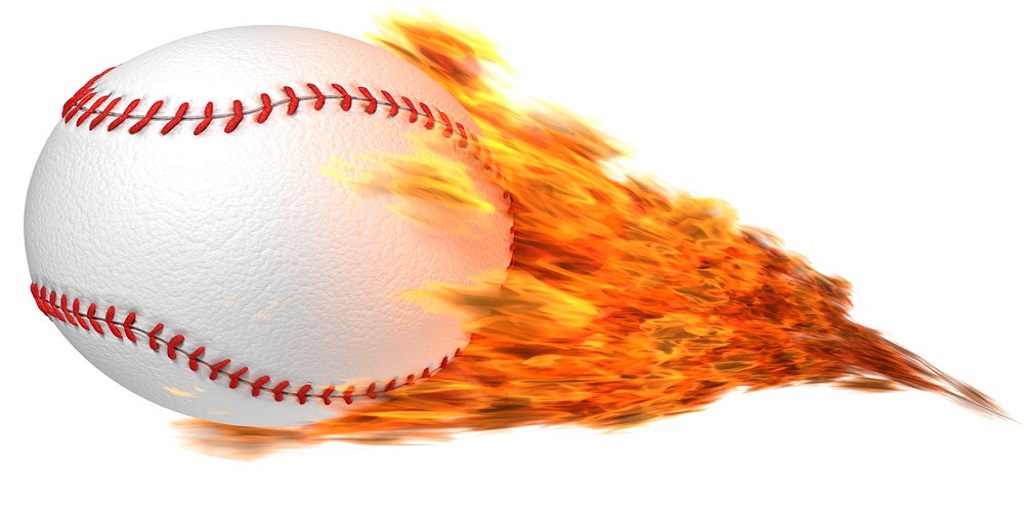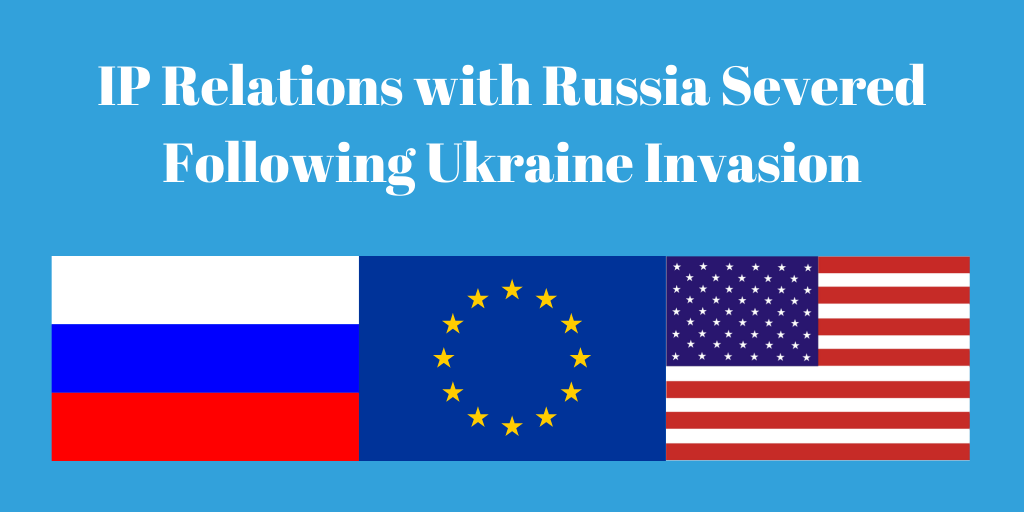There was possibly no better harbinger for the eventual fall of the Soviet Union than opening day of the country’s first McDonald’s. In 1990, one year prior to the Soviet Union’s dissolution, thousands of eager Moscow residents waited in line for a chance at scoring a Big Mac and fries. The restaurant, a mere three blocks from the Kremlin, had to extend operating hours to accommodate the estimated 30,000 customers served a slice of America that day. A fitting payoff for an endeavor that was 14 years in the making.
Good times can only last so long however and Russia-West relations have been abruptly soured by the abhorrent invasion of Ukraine. Many major American businesses have halted operations in Russia including Apple, Amazon, Microsoft, and Starbucks with more being pressured into pulling out by the hour. Before shuttering all 847 McDonald’s locations in Russia, lines formed outside of the first Moscow McDonald’s location once again. Gone are the days of cheeky Gorbachev Pizza Hut commercials, it appears.
No two countries that both had McDonald’s had fought a war against each other since each got its McDonald’s
Thomas Friedman, The Lexus and the Olive Tree
Kremlin Takes Action
As American juggernauts pull out, the Russian government has moved in. Last week, Russia’s Economic Development Ministry drafted legislation to give control of property of foreign businesses who have left the country to the Deposit Insurance Agency and state economic development institution, VEB.RF. The proposal would allow “Russian courts to appoint external administrators for companies that cease operations and are at least 25% foreign-owned.” Russia’s ruling party, United Russia, indicated the proposal is “the first step toward the nationalization of foreign organizations leaving Russia.”
Per Izvestia, a major Russian newspaper with close ties to the Kremlin, the Economic Development Ministry has already drafted a list of companies who have fled the country and may be targets for nationalization. They write “there are 59 companies on the list so far, but it will expand depending on new applications of foreign business. Among those who have already appeared in the document: Volkswagen, Apple, IKEA, Microsoft, IBM, Shell, McDonald’s, Porsche, Toyota, H&M and others.”
In light of the proposal, White House Press Secretary Jen Psaki tweeted “Any lawless decision by Russia to seize the assets of these companies will ultimately result in even more economic pain for Russia. It will compound the clear message to the global business community that Russia is not a safe place to invest and do business.”
Any lawless decision by Russia to seize the assets of these companies will ultimately result in even more economic pain for Russia. It will compound the clear message to the global business community that Russia is not a safe place to invest and do business.
— Karine Jean-Pierre (@PressSec) March 11, 2022
The drastic proposal comes on the heels of the Ministry of Economic Development’s announcement in early March for removing restrictions on intellectual property from “unfriendly nations.” Russian businesses who use intellectual property from these sanctioned nations will no longer be obligated to pay patent royalties. Such a measure opens the possibility for widespread media piracy as well.
The Washington Post reports the announcement “removes protections for patent holders who are registered in hostile countries, do business in them or hold their nationality.” Last April, the Office of the United States Trade Representative highlighted Russia as one of nine countries on the “Priority Watch List” for “insufficient IP protection or enforcement.”
TASS, the largest Russian state-owned news outlet, states “the [early March] measure under discussion could affect both inventions and computer programs, as well as means of individualization, in particular trademarks. At the same time, the extension of this practice to companies that sell their goods, works, services in Russia, including those that manufacture their products in the Russian Federation, is not considered.”
So far, “unfriendly nations” include: “Australia, UK, EU countries, Iceland, Canada, Liechtenstein, Monaco, New Zealand, Norway, Korea, San Marino, Singapore, USA, Taiwan, Ukraine, Montenegro, Switzerland, Japan” (@biannagolodryga)
Europe, US Patent Offices Cut Ties
On March 1st, the European Patent Office severed ties with Russia’s intellectual property office, the Federal Service for Intellectual Property (aka Rospatent), as well as the Eurasian Patent Organization and Belarus office. UK Intellectual Property Office CEO Tim Moss said in a statement the following day “the UK’s economic sanctions against Russia include intellectual property, and we are enforcing these sanctions robustly. We will not be providing services to those on the sanctions list, either directly or through their agents.” The UKIPO indicated they will “safeguard [Ukrainian] IP Rights” and assist with reconstituting patent applications or rights that have been lost, damaged, or destroyed in Ukraine.
On March 4h, the USPTO joined the EPO, issuing a statement (updated 3/11) that both the USPTO and Department of State have “terminated engagement with officials” from Rospatent, the Eurasian Patent Organization, and the Belarus office.
Effective March 11, 2022, the USPTO will no longer grant requests to participate in the Global Patent Prosecution Highway (GPPH) at the USPTO when such requests are based on work performed by Rospatent as an Office of Earlier Examination under the GPPH. In pending cases in which, prior to March 11, 2022, the USPTO granted special status under the GPPH to applications based on work performed by Rospatent, the USPTO will remove that status and return those applications to the regular processing and examination queue, meaning that they will no longer be treated as GPPH applications at the USPTO.
-USPTO
As Russia carries on with its indiscriminate assault on the people of Ukraine, bilateral relations between the West and Russia may take decades to fully heal. IP agreements and years of investment in Russia have been rendered futile for the foreseeable future. We hope for swift peace and restoration for the people of Ukraine and will be keeping an eye out for further action from the USPTO in regards to IP relations with Russia.








